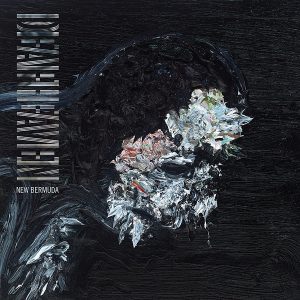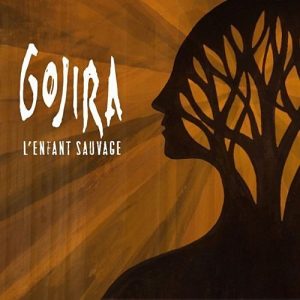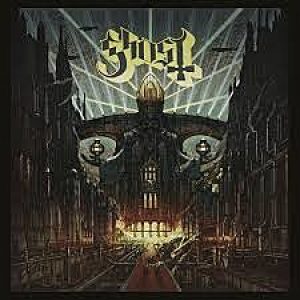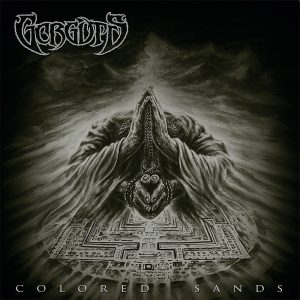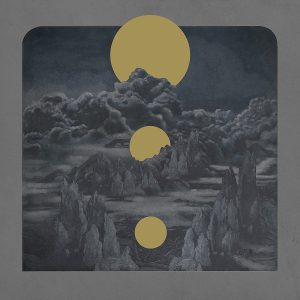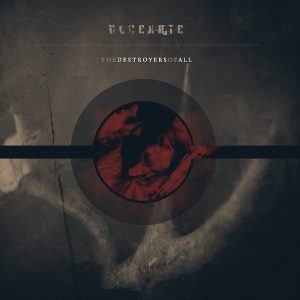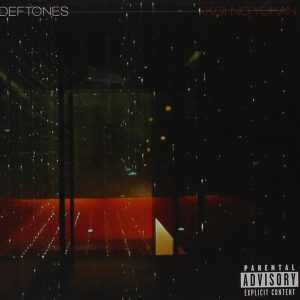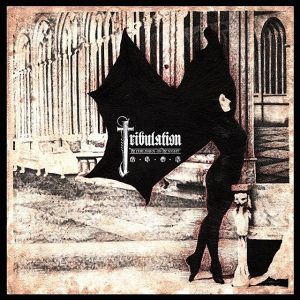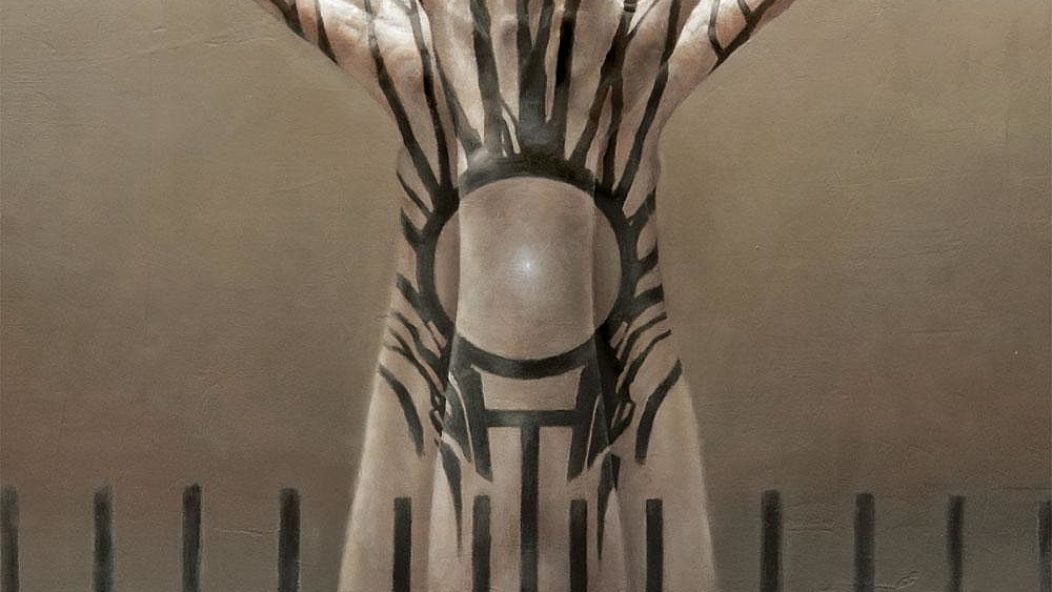
Langdon Hickman's Top Albums of the Decade
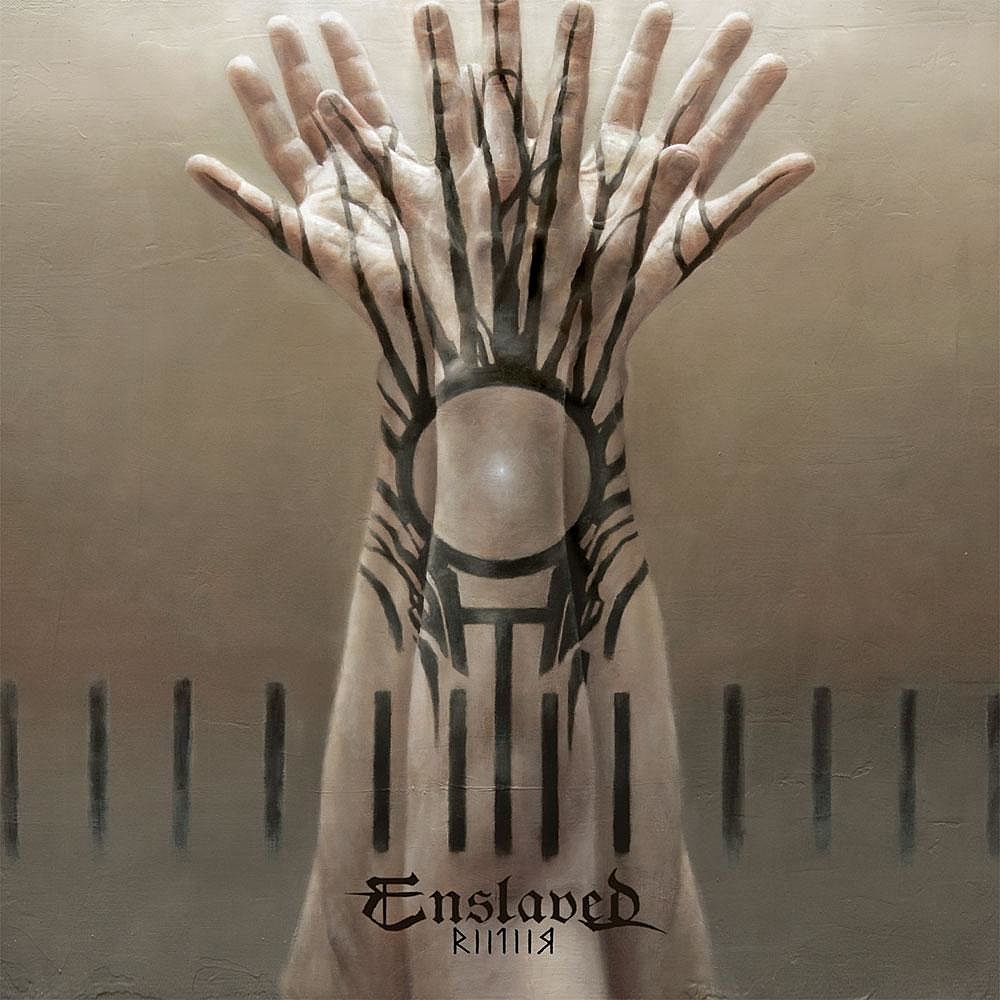
…
As I mentioned in my year-end list for 2019, these types of lists cause me an incredible amount of anxiety. For the sake of space and time, I won’t get into any of the mechanical reasons why these lists freak me out; as much as transparency for these issues is a good thing, I think it would be tedious to make you sit through reading all of that again when the link would suffice. However, those yearly issues don’t just compound and multiply for me when discussing the past decade; rather, what causes so much angst and heartache and, quite literally, more than one panic attack for me is precisely the span of time this decade list is meant to cover, plus the things it forces me to confront again.
My birthday is in December, so while I technically have almost a whole month of post-birthday time every year, it’s better to think of each calendar year as more or less precisely matching an age year for me. In this case, 2010 brought about my 21st birthday and 2019 will see me turning 31 for a brief bit before the 2020s begin. The truth is, my twenties were the worst period of my life. I’ve discussed some of these issues before, but it was the period that the pet that saw me through my childhood home abuse passed away, the period where my first long-term relationship dissolved in my hands as I became, frankly, a shittier and shittier person, the period where my mind broke apart and sent me to mental health wards and suicide prevention therapy sessions and rigorous rounds of additional therapy. It was a decade in which I had a suicide attempt sandwhiched between two massive mental breakdowns, both of which saw me shave my entire head while drunk and devolve into deeply antisocial behavior. It was a decade in which my father died and a number of people I’ve known since I was child were taken by fentanyl and shotguns in closets. It was a decade in which I developed and overcame eating disorders and substance abuse. (Sober almost two years now).
Music has always been a crutch for me. In good times, this is a good thing: it achieves an alchemical dance with the events of my life, pulls out colors and shapes and crude contours I otherwise might never have seen. In bad times, this can be a bad thing, causing me to fixate or spiral deep inside of a feeling or experience instead of climbing out and beyond it. There are, of course, things inside of traumatic experiences that sometimes we are better served diving in to retrieve and carry with us — ugly but necessary things. However, not all traumas contain them, and the psychic risk of these bathyspheric pelagial descents are steep every time. I’m on the spectrum and deal with bipolar and psychotic episodes, so when I saw music is my psychic weapon and shield, this metaphor takes on a sometimes understandably goofy level of literalness. There were nights of lying in bed, weapons removed, tossing and turning awake and out of my mind, record blaring at max volume as some singular silver tether both into my heart and out of my body, in case either got too dangerous.
So, summarizing the past decade of music in which music was welded to me both with and against me during times of tremendous pain and turmoil is tricky. I perhaps have access to “greatest” or “best,” but I’m not interested in that because, to be frank, that’s not what music was for me in that stretch. Everyone’s twenties are hard; it’s the first decade we are thrust fully into the adult world only to find that we and all of our peers are so poorly prepared for the roughness of the world without rails or guides and where we can easily find ourselves terrifyingly alone even when surrounded by people even if only because we’re all so new and unpracticed at compassionate and just adulthood. I suppose, actually, it is a kind of “best,” but it’s one that isn’t concerned necessarily about the technicalities of songwriting or performance but instead emotional utility.
These are the records that were my broken shield and my rusted weapon in the deathless decade of my plague years. If that’s perhaps a bit too dramatic for you, they also all happen to be damn good.
Would that this list could go on forever, but alas, I am only allowed so many I can name. I’ve attempted to avoid duplicates per band; generally speaking, if I like one record by a band on this list, I almost certainly like others too, but in the interest of spreading as much love as possible instead selected the primary one I go to or resonate with. Certain bands who won’t be named, had they been more mindful of their behavior, would have found themselves easily on this list but, alas, they elected not to. As before, the order doesn’t necessarily specifically matter, and if asked a month earlier or six months from now, the entire list and its order might be different.
But, for today, it is true.
…
Honorable Mentions
Converge – All We Love We Leave Behind (Epitaph Records, USA)
Oranssi Pazuzu – Värähtelijä (20 Buck Spin, Finland)
Pallbearer – Sorrow and Extinction (Profound Lore, USA)
Power Trip – Nightmare Logic (Southern Lord Records, USA)
Godflesh – A World Lit Only by Fire (Avalanche, UK)
Sumac – Love in Shadow (Thrill Jockey, USA)
Baroness – Purple (Abraxan Hymns, USA)
Bell Witch – Four Phantoms (Profound Lore, USA)
Woods of Ypres – Woods 5: Grey Skies and Electric Lights (Earache, Canada)
The Great Old Ones – Tekeli-i (Les Acteurs de l’Ombre Productions, France)
…
Once, while I was listening to this album in my car, the opening of “Baby Blue” came on and I suddenly found myself humming, then moaning, then singing, then crying. It was a spontaneous thing, one I’m glad I was alone for. Not because I was embarrassed, not really, but more because being alone I could give myself over to the experience more fully without fear of the jokes that would come after. For as much talk about surface-level details of this group and the perpetual “will they, won’t they” regarding their intense agnosticism toward having any one kind of sound, they produce some of the most savagely beautiful and emotionally heartrending pieces of music in metal right now. Add to this that George Clarke’s lyrics are, well, good (check out his books too) — like, actually good and not just good with the music. “The Pecan Tree” from Sunbather was a hint at what he could do with his pen, but the entirety of New Bermuda is sheets of tremendous poetry set to even better music. “A multiverse of fuschia and violet / surrenders to blackness.”
I won’t attempt to justify why I prefer Enslaved’s later material to their earlier material (I own both, by the way) — I’m as much into progressive rock as I am heavy metal, so this later chunk of their career satisfies me the most fully of their work. Of that phase, this is my favorite, producing endlessly compelling longform epics that allow me to safely indulge in pagan and mystical fantasies of intense meditation upon the imagistic symbols of spirit and earth. Metal, like prog, is about theater and emotional investment, giving yourself over, and despite having little in my life to connect me to their sincere neo-pagan ideologies, this seizes up my heart. I can almost experience visions of Odin. Exceptionally beautiful.
This is the first of several records I have written about in my death metal column, so it should be no surprise to see it here after the rapturous words I had for it there. Gojira is one part groove metal and one part Morbid Angel, producing lush and complex prog suites delivered with the relentlessness of a group like Pantera. From Mars to Sirius is clearly their overall best, but was released outside of this decade; Magma was there with me through the death of a very close family friend and I know those songs better, but that album still misses a certain something. Meanwhile, the first third of L’Enfant Sauvage makes me feel the way I did when I first heard them, playing them through tinny laptop speakers while clutching my bed, riding out the paraesthesia and intense nausea of the comedowns from antidepressants as my insurance screwed me again.
I’m not going to waste time perseverating over whether Ghost is heavy enough or whatever. This tracklist is flawless, finally perfectly capturing not just the intense liberatory Lucifer-worship of the group but also the deep primal joy that arises from Satan as they envision him. It feels very Nietzschean and Dionysian, with songs like “Spirit” and “Cirice” outlining their image of the devil as the artist and poet’s Satan, the figure with laughingly coaxes us to our imaginative limit and then thrusts us full of faith into the darkness, sure that we will fly in the abyss. Cap it off with songs like “He Is” and “Absolution,” not to mention the impeccable instrumentals, and you have a nearly perfect record. Their latest is a bit better, but this one is more personal to me.
Carcass’ likewise stellar comeback from the same year could be swapped here and the message would be the same. Each band came back after a length hiatus of over a decade (more in the case of Carcass) and nevertheless produced not just a great album but their greatest. Gorguts got the slight lead due to functionally representing Colin Marston and Kevin Hufnagel, who each more or less have impeccable CVs otherwise unrepresented here. It was released in the year of Sunbather, an incredible album by an incredible band, but this one deserved more love. It’s one of the greatest metal records of all time.
I would have loved this album even if it weren’t for my personal connection to it. But when my paternal grandfather died, my last grandparent and the father to my then-deceased father, when I was overcome with the sudden tremendous burden of reckoning with my family history rather than pretending it simply didn’t exist, this happened to be the record I was obsessed with at the time. The long walk I took through the grounds of the old house Wyoming tucked deep in Spartanburg, South Carolina still lingers in my mind, strangulated old wood leafless and barren storming around me to the waves of downtuned guitars. “Marrow” might be the greatest song of the decade.
I’ve shared this anecdote elsewhere, but I will share it here in briefer form. In 2011, off the back of my suicide attempt and what felt at the time like the total collapse of my life, I hunkered down and, in a single playthrough of this record, produced what would become my first published piece of fiction. This marked a turning point for me on a personal level. I don’t know if I would still be here without that moment. It’s a perfect album, vast and imagistic, the perfect hybrid of post-metal and death metal. It also marked the beginning of a still-ongoing hot streak for the group.
I’ve loved Deftones my entire life, being lucky enough to be paying attention to rock radio as a kid when Adrenaline and Around the Fur dropped. I fell out of following them just before the release of Saturday Night Wrist, a record I now adore. It was Kat Katz, a friend I became close to around the time of my father’s passing, who recommended their previous record Diamond Eyes, which is destined to be a classic, which hipped me to the band’s work again. It was this one though that burned itself deepest into my psyche, was my armor through the darkness of those early years of psychosis and terror. I named it my favorite album of the year when it came out, and even now the manner in which it seamlessly flows more like a 50-minute suite of dream pop, doom metal, shoegaze, and Chino’s perfect voice feels more akin to a metal Kate Bush than anything else. Their very best album.
I prefer Ihsahn’s solo work to his work with Emperor, which happened to be the first black metal band I ever loved. His solo material sounds to me like what he was always trying to do in Emperor but, money and technology being what they were, simply couldn’t. Eremita is the peak of his work, at once an astute set of insights regarding the poeticism of Nietzsche’s philosophy and an emotionally hefty prog metal record. I was in a very bad place when this was released and had long associated Ihsahn’s previous solo records with similar power of buoyancy in darkness, a cackling and demonic glee and sense of self-justification and self-love that defied the goofier and at times downright racist inclinations of some black metal. My relationship to this one is intensely personal, a record that helped me learn to love myself and by that love to heal myself.
I wrote about this release for my death metal column. What I said in that column is, despite its length, a short version of what I see and experience through this record. It would sound cartoonish to describe it as an ecstatic spiritual experience, but for me it very much is, feeling like a fevered bathyspheric plunge into the lysergic depths of dream and absinthe. If magick is a manner of thinking and perceiving the world and the pitched intensity of art is its best vessel, then this is the magick rite to rule them all for me. I feel effervescent afterward, complete, whole, invigorated, powerful. It fills me with a primal sense of joy, not sadness or anger or even vengeance, something we sometimes neglect to mention extreme metal can do.
The marriage of progressive rock and extreme metal on The Children of the NIght, to my ears, perfect, and the resulting record is not just my favorite of the decade hands-down but also one of my favorite and most treasured albums of all time. You wonder sometimes as a writer, or even just as a person, a wondering compounded for those of us on the autism spectrum or mentally ill or otherwise carrying disabilities visible and invisible, whether anyone in the world beyond your body understands you. Something like this record comes along, which knows me inside and out, and I feel incredible peace.
